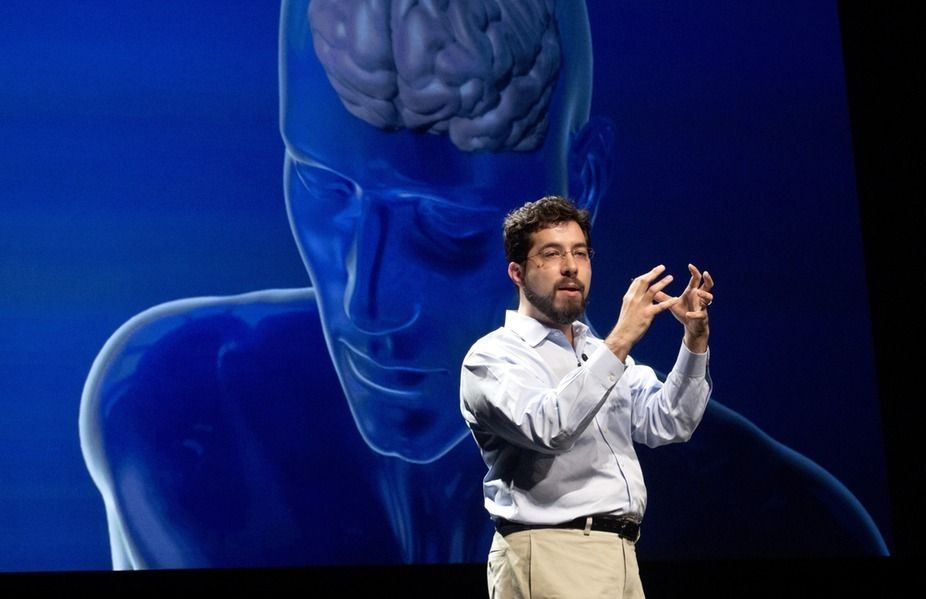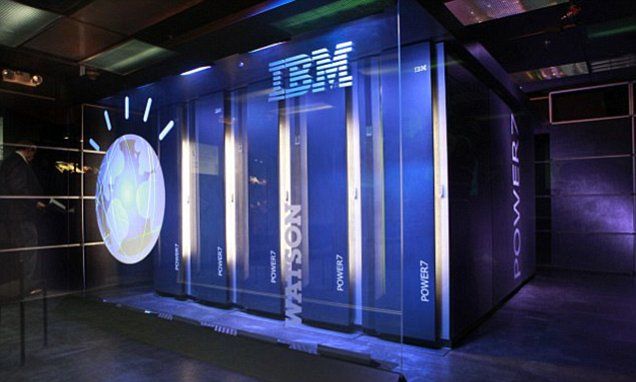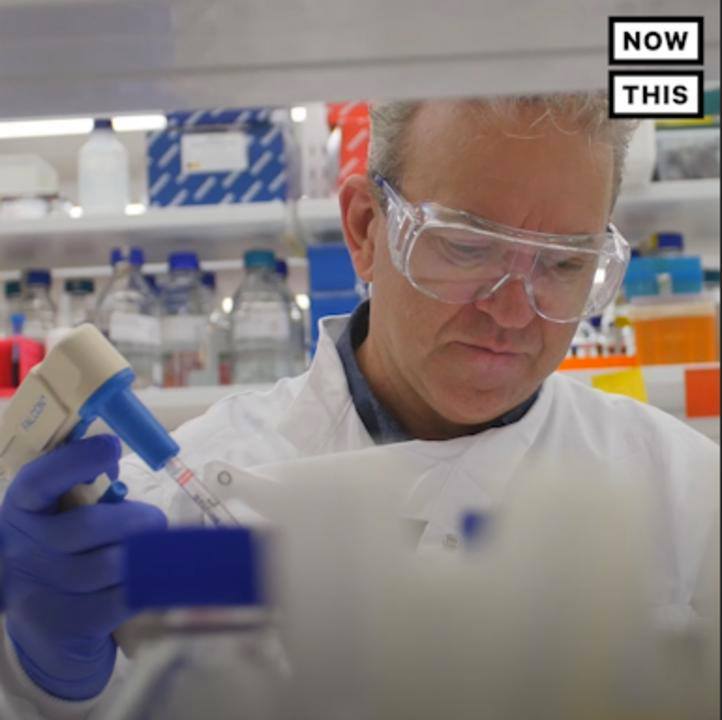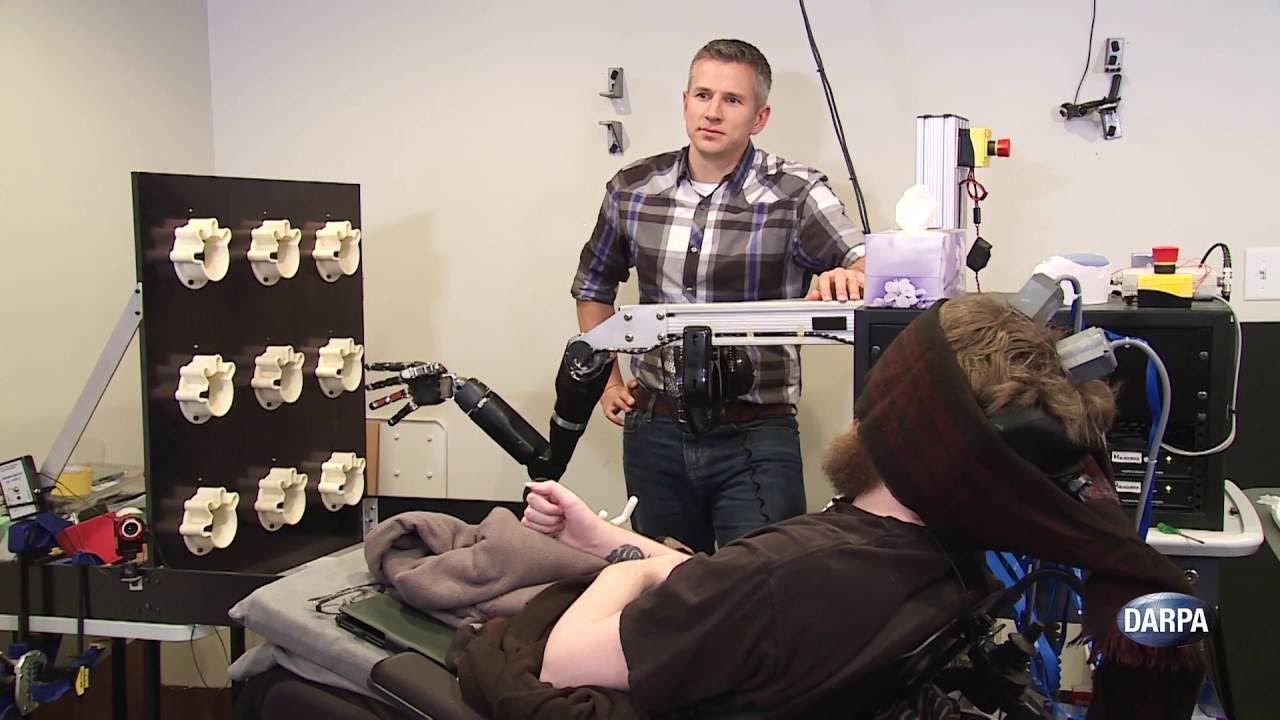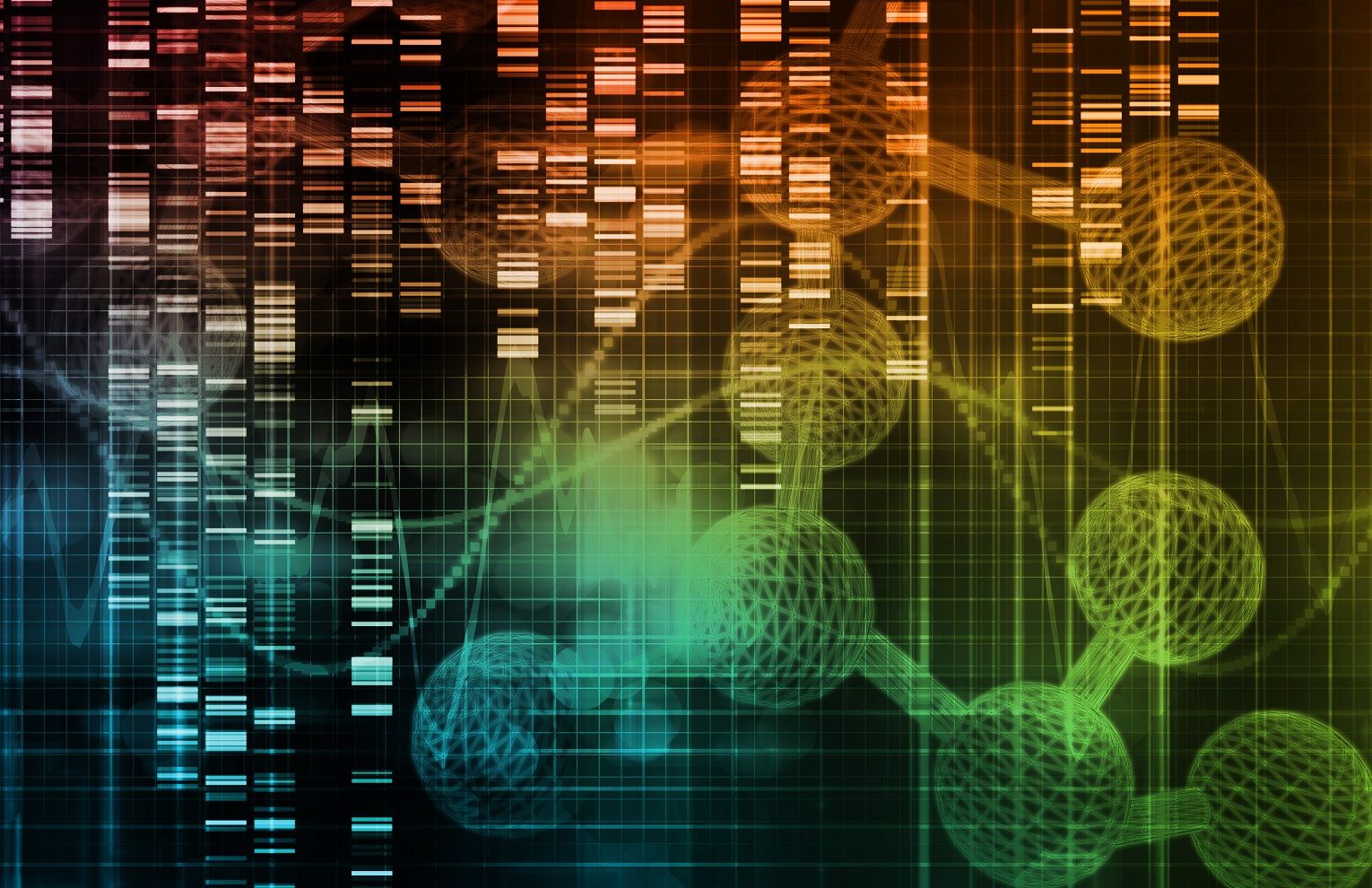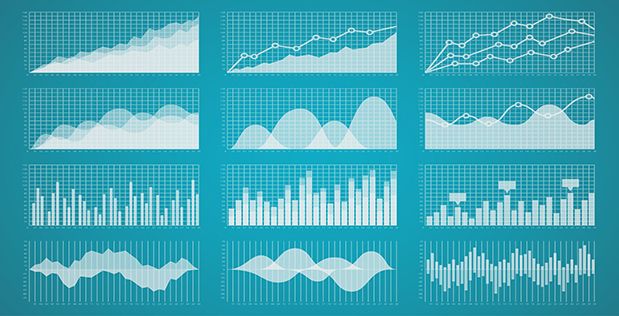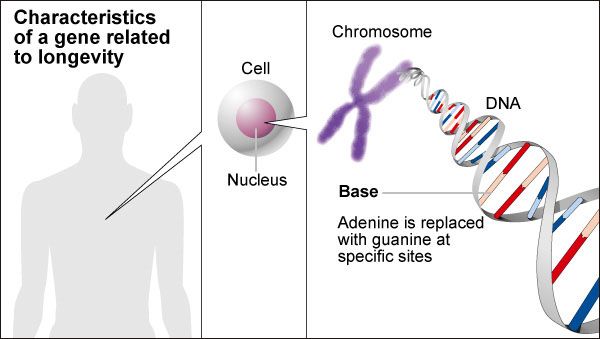Jun 8, 2017
Therapeutic Mind Control Worked In Rats. Are Humans Next?
Posted by Carse Peel in categories: biotech/medical, neuroscience
B rain surgery is one of the most delicate, invasive procedures in medicine. Many times, anesthesia is not involved; sometimes, an electrode is inserted into the brain for deep brain stimulation.
Research published Thursday in the journal Cell promises a safer alternative to these otherwise intrusive ways to get in your head: stimulating neurons deep in the brain without any invasive procedures. The procedure, called temporal interference stimulation, is the latest invention of MIT neuroscientist and engineer Edward Boyden.
“Brief stimulation of the brain can actually cause the brain to clean up the amyloid plaques that are a hallmark of Alzheimer’s Disease,” Boyden tells Inverse. He feels that his new technology can help with a number of neurological conditions without many of the hazards inherent to invasive techniques.
Continue reading “Therapeutic Mind Control Worked In Rats. Are Humans Next?” »
